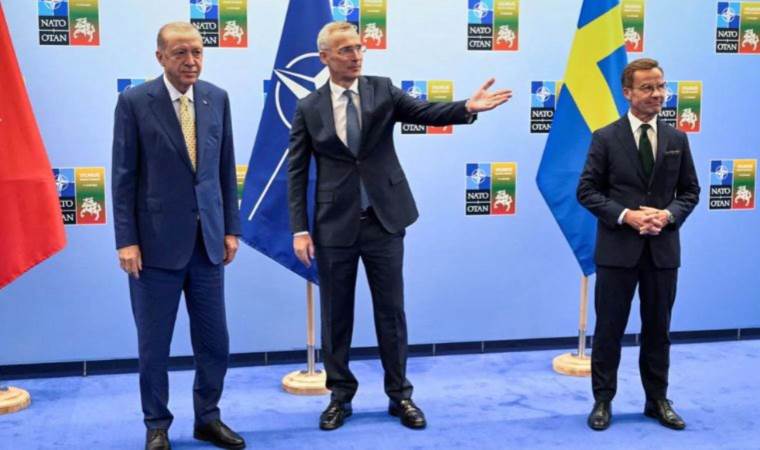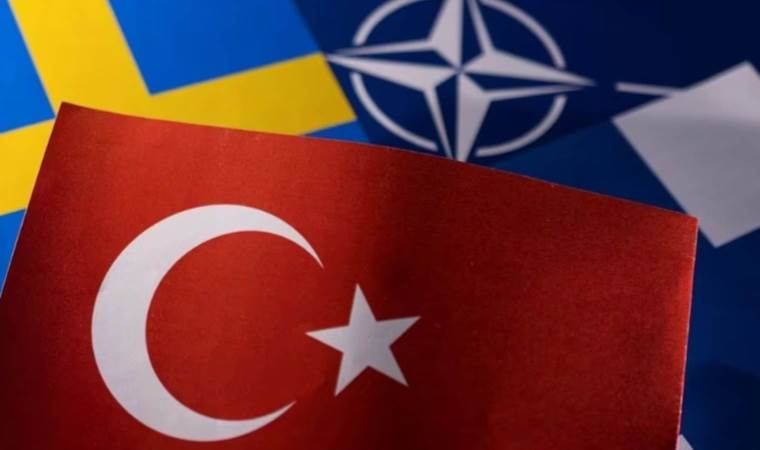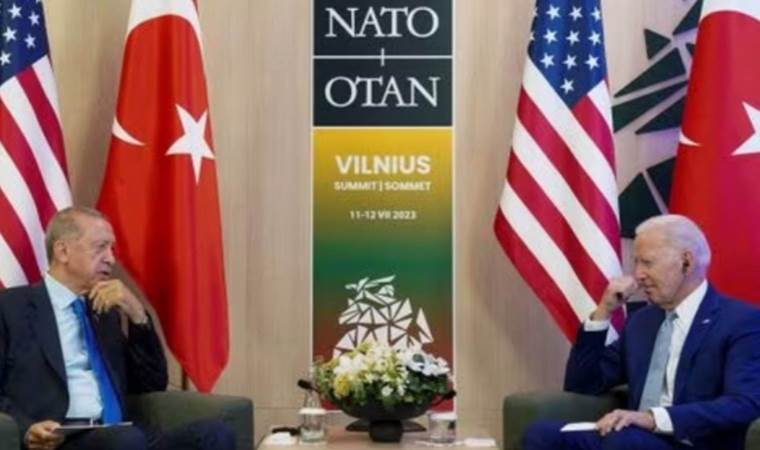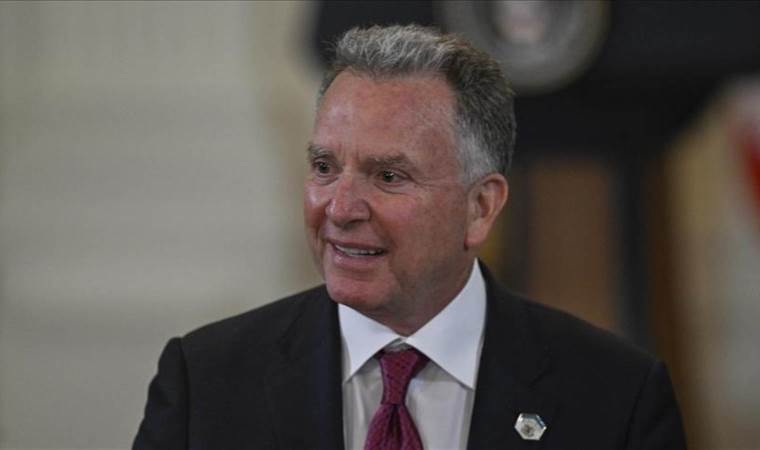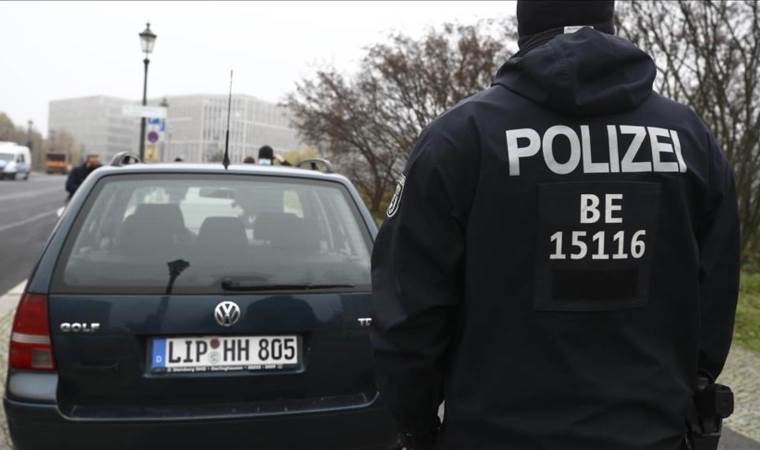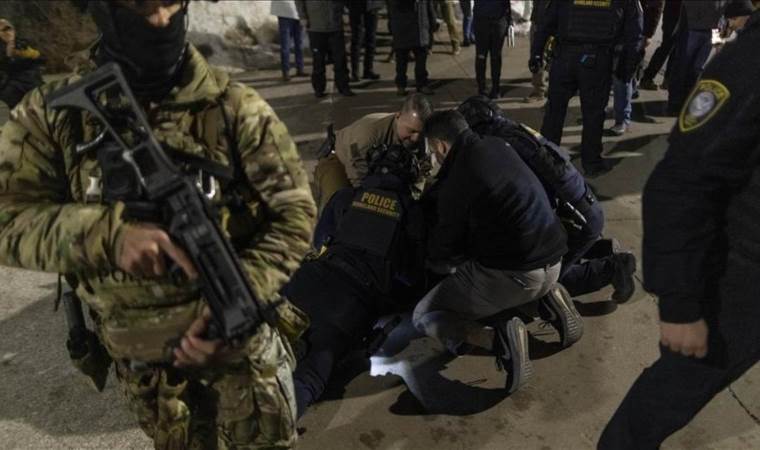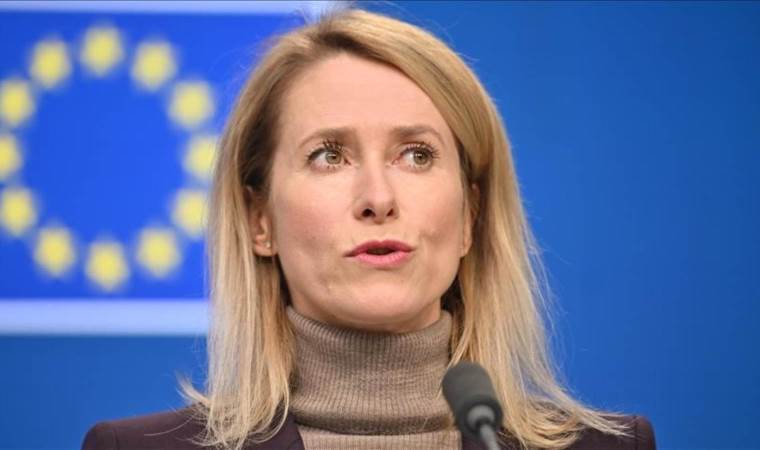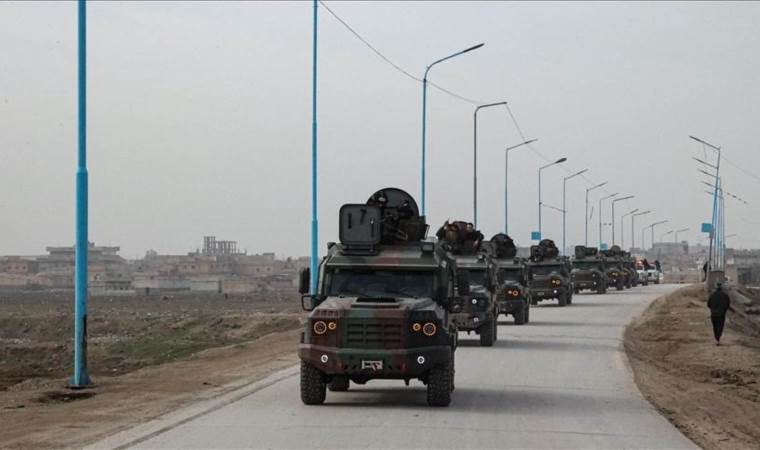Turkey approves Sweden's NATO bid after 20-month delay
After a prolonged 20-month negotiation, Turkey's parliament endorsed Sweden's bid for NATO membership on Tuesday. This decision marks a significant expansion of the Western military alliance, overcoming the primary obstacle that had stalled the process.
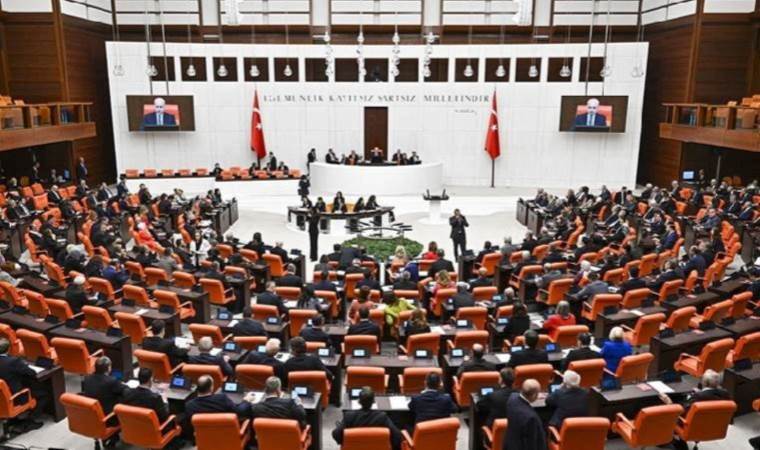
In a decisive vote by the Turkish General Assembly, where President Tayyip Erdogan's ruling coalition commands a majority, 287 members favored Sweden's application, with 55 opposing. Sweden had sought NATO membership in 2022, aiming to strengthen its defense in light of Russia's aggressive invasion of Ukraine.
NATO's policy mandates unanimous approval from existing members for new admissions. Turkey, alongside Hungary, was a notable holdout in ratifying Sweden's application, citing concerns over what Ankara perceives as Stockholm's leniency towards organizations it classifies as terrorist groups. However, Turkey had earlier approved Finland's application in April of the previous year.
Fuat Oktay, head of the parliamentary foreign affairs committee and a member of Erdogan's AK Party, expressed support for NATO's enlargement. "This expansion enhances our collective deterrence capabilities," Oktay stated. "We anticipate Finland and Sweden will set a precedent in counter-terrorism efforts for other allies."
The U.S. Ambassador to Turkey, Jeff Flake, lauded the Turkish Parliament's decision, highlighting the enduring partnership within the NATO Alliance. Similarly, Swedish Foreign Minister Tobias Billstrom welcomed the approval, eagerly awaiting President Erdogan's formal ratification.
President Erdogan, who had forwarded Sweden's application to the parliament in October, is expected to sign the bill imminently. This leaves Hungary, under Prime Minister Viktor Orban, who maintains close ties with Russian President Vladimir Putin, as the last member state yet to approve Sweden's accession.
On NATO's front, Secretary-General Jens Stoltenberg welcomed Turkey's decision and urged Hungary for prompt ratification.
While Turkey aligns with NATO in opposing Russia's actions in Ukraine, it has criticized Western sanctions against Moscow. Russia, for its part, has warned against any NATO military expansion in the Nordic countries. Sweden's accession represents a major shift from its traditionally non-aligned stance, potentially bolstering NATO's defense capabilities in the Baltic region.
Erdogan's Initial Stance and Concessions
Initially, President Erdogan expressed reservations about Sweden's NATO bid, voicing concerns over what he perceived as Sweden's inadequate approach to groups Turkey considers terrorist organizations, including the Kurdistan Workers' Party (PKK). This stance played a crucial role in the delay and negotiations that followed.
Consequently, Sweden, along with Finland, Canada, and the Netherlands, took steps to address these concerns. This included the introduction of a new anti-terrorism bill in Stockholm, stricter measures against members of the PKK, and a relaxation in arms export policies towards Turkey.
President Erdogan's approval of Sweden's bid came after acknowledging these measures, signaling a shift in Turkey's position. The AKP, along with its nationalist allies MHP and the main opposition CHP, supported Sweden's membership, underscoring a broad consensus within Turkish politics. However, opposition from nationalist, Islamist, and leftist parties persisted.
Furthermore, Erdogan's decision was strategically linked to potential U.S. approval of F-16 fighter jet sales to Turkey, indicating the multifaceted nature of international diplomacy.
Most Read News
-
 Who will share the burden of the US?
Who will share the burden of the US?
-
 Israel’s Netanyahu convenes security meeting with top of
Israel’s Netanyahu convenes security meeting with top of
-
 US envoy Witkoff to visit Israel ‘within days’ for talks
US envoy Witkoff to visit Israel ‘within days’ for talks
-
 Germany cracks down on network supplying goods to Russia
Germany cracks down on network supplying goods to Russia
-
 Report identifies federal immigration agents involved in
Report identifies federal immigration agents involved in
-
 Rafah crossing officially reopens
Rafah crossing officially reopens
-
 UN 'definitely is not delivering the way it should,' say
UN 'definitely is not delivering the way it should,' say
-
 German public transport comes to standstill as workers d
German public transport comes to standstill as workers d
-
 Syrian forces await entry to Hasakah under ceasefire agr
Syrian forces await entry to Hasakah under ceasefire agr
